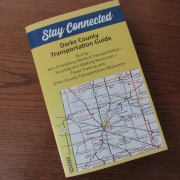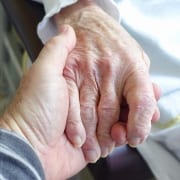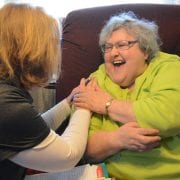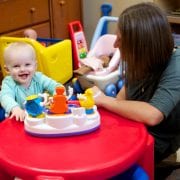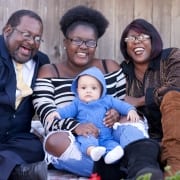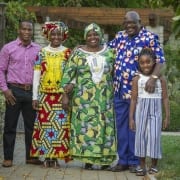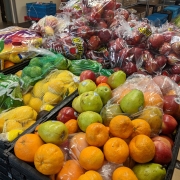Behavioral and Mental Health
/in Programs & Services, Top Level Program Category /by Hope GebhartBehavioral and Mental Health
Pasos
/in Programs & Services, Top Level Program Category /by Hope GebhartPasos

Servicios Sociales Católicos ofrece servicios de apoyo a las familias e individuos Hispanos y de habla en Español en Dayton.
Estos servicios son gratuitos e incluyen:
- Acceso a alimentos a través de Choice Despensa de Alimentos
- Conexión a recursos en la comunidad
- Acceso a ayuda de salud mental, médica y dental
- Recursos para ropa y útiles escolares
- Apoyo para padres y educación durante el embarazo
- Información para acceder a clases de Inglés
Si desea obtener más información o hacer una cita, por favor llame a nuestra línea general: 937.296.1007
HORARIO SIN CITA PREVIA
Martes de 9:00 a.m. a 12:00 p.m. excepto en días festivos federales
1046 Brown Street, Dayton Ohio 45409
Regístrese en la entrada principal del edificio
Catholic Social Services offers support services to Dayton’s Hispanic and Spanish-speaking families and individuals.
These services are free and include:
- Food access through the Choice Food Pantry
- Connection to community resources
- Connection to mental health, medical and dental support
- Resources for clothing and school supplies
- Pregnancy and parenting support
- Information about English Language Learner classes
For more information or to make an appointment, please call our general line at 937.296.1007.
WALK-IN HOURS
Tuesdays 9:00 a.m. to 12:00 p.m. except on Federal Holidays
1046 Brown Street, Dayton Ohio 45409
Please check in at the main building entrance
Transportation Resources
/in Top Level Program Category /by Hope GebhartTransportation Resources
Services are funded by the Ohio Department of Transportation.
View our Americans with Disabilities Act (ADA) Plan
Catholic Social Services of the Miami Valley is committed to providing access and inclusion and reasonable accommodation in its services, activities, programs, and employment opportunities in accordance with the Americans with Disabilities Act (ADA) and other applicable laws.
Catholic Social Services of the Miami Valley will make reasonable modifications to its policies and procedures upon request. To make a request, please call our Clients Rights Officer at 833.289.0227.
If you wish to file a complaint, our complaint form is available starting on page 15 of our ADA Plan. If you are not able to print and use this form, please contact our Clients Rights Officer at 833.289.0227.
View our Title VI Plan
Catholic Social Services of the Miami Valley does not discriminate on the basis of race, color, or national origin in accordance with the Title VI Act of the Civil Rights Act of 1964.
Guardianship Services
/in Greene, Guardianship Services, Montgomery, Programs & Services, Senior Services, Top Level Program Category /by Hope GebhartGuardianship Services
Life Essentials Program
The Life Essentials guardianship program provides support for adults in Montgomery, Greene, Shelby and Miami Counties who have been deemed mentally incompetent and who do not have family willing or capable of making sound decisions for them.
Life Essentials staff and trained volunteers take on the critical role as guardian, working with their clients to ensure that each individual has the best possible life and lives in the least restrictive environment. Guardians become the advocate and voice for those who are unable to speak for themselves.
In addition to fulfilling the role of guardian, the Life Essentials guardianship program provides support to family members and/or friends who are willing and capable of becoming the guardian for a loved one.
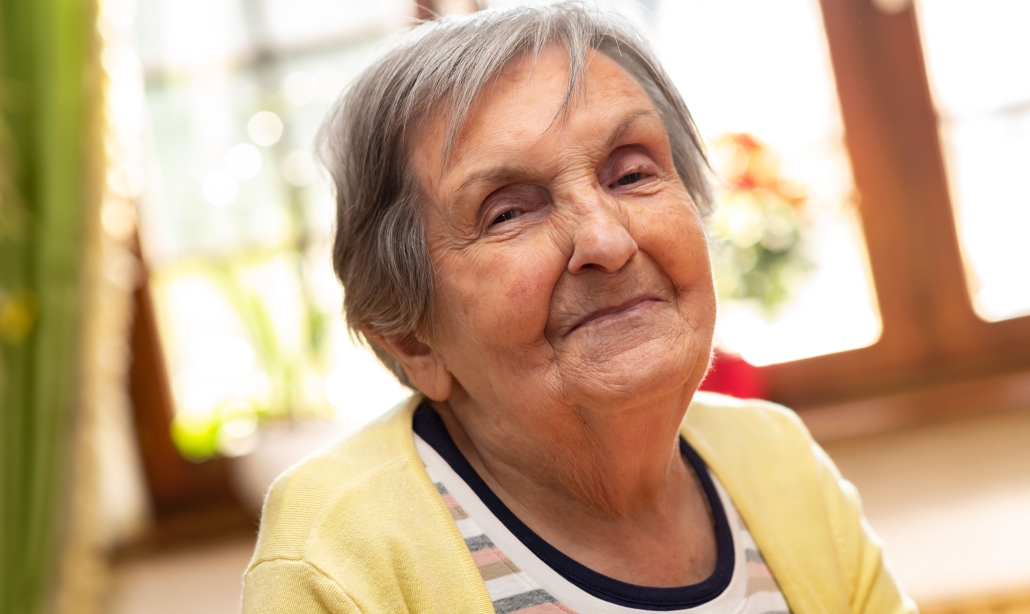
Eligibility
Clients must have resided in Montgomery, Greene, Shelby or Miami County for at least six months, and must be deemed mentally incompetent by the Probate Court Judge or Magistrate.
Unfortunately, this program cannot serve those who have assets (home, car, bank account) and need a Guardian of Estate.
Contact
For more information, call 937.586.0545.
Location
922 W. Riverview Avenue
Dayton, Ohio 45402
Services for Older Adults
/in Programs & Services, Top Level Program Category /by atomicSupervised Visitation
/in Assists Children, Montgomery, Supervised Visitation & Exchange, Top Level Program Category /by atomicSupervised Visitation
Erma’s House Family Visitation Center
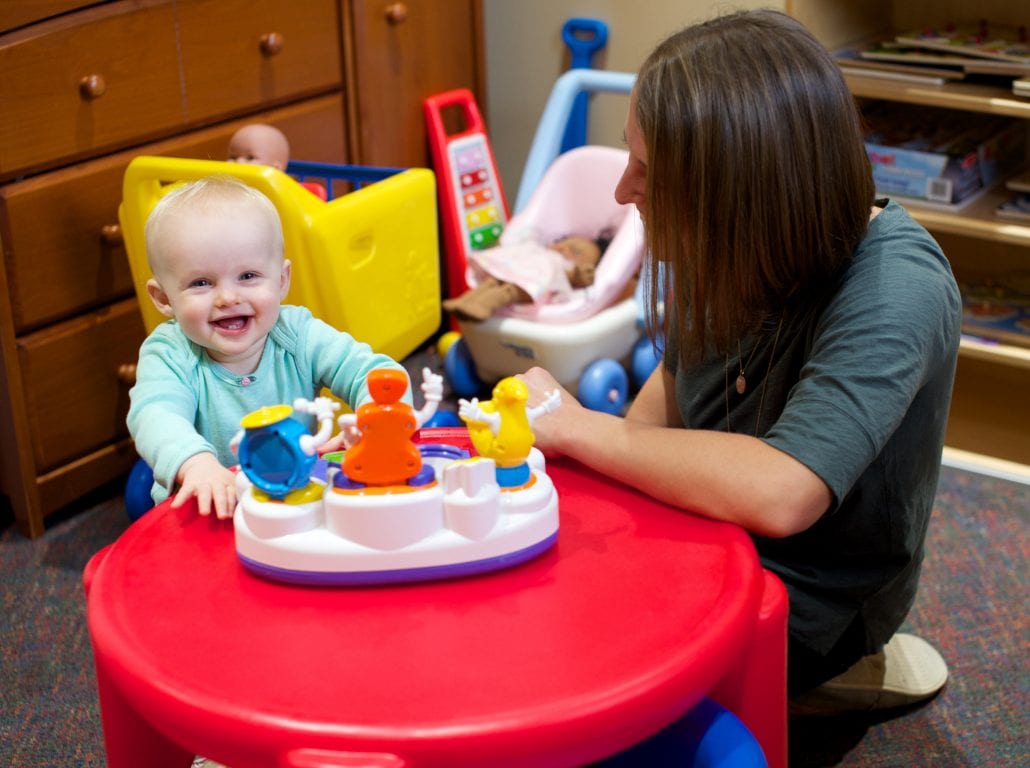
Referral and Application Forms
After going through the Council on Accreditation (COA) review process for the first time in 2017, Erma’s House was held up as “a model for other organizations.”
In a perfect world, parents would never need to have supervised visitation with their children. But sometimes, in addition to losing custody, parents are deemed — by the courts, safety net professionals, children’s services, and sometimes even by themselves — as not being in a good place to spend unsupervised time with their own children.
As these parents work to remediate their personal issues, it remains important for them to retain, and perhaps repair, their relationship with their children in a safe, monitored and judgement-free environment. In Montgomery County, Catholic Social Services’ supervised visitation program has been meeting that need since 1997 at Erma’s House Family Visitation Center.
Frequently Asked Questions
Why would someone need supervised visitation?
The need for supervised visitation may be due to issues related to divorce or separation, protection or restraining orders between parties, child abuse or neglect issues, safety concerns or other issues where a neutral setting can increase a family’s level of comfort or safety. Supervised visitation provides an opportunity for children to maintain relationships with their noncustodial parents while these issues are being resolved.
What services are available at Erma’s House?
Located just a few minutes south of downtown Dayton, Erma’s House Family Visitation Center offers a warm, friendly atmosphere where children can spend time with their noncustodial parents.
Erma’s House was created to assist families who have difficulty interacting in an appropriate, non-threatening manner. This comfortable, home-like setting is a safe, structured, neutral alternative to unsupervised visits. The facility and its “house rules” are structured to provide safety to both the children and the parents/guardians.
Supervised Visits / Parenting Time
Visits between children and their noncustodial parents are closely observed by trained visitation monitors who document activities and who will intervene, if necessary, to ensure the physical or emotional safety of the child.
Supervised Exchanges
Exchanges are for parents who do not require supervised visitation, but who need to be able to make the exchange without interacting with the other parent. The exchange is monitored by a visitation supervisor.
When are these services available?
Erma’s House hosts supervised visits on Wednesday and Thursday evenings and on Sunday afternoons. Most visits last one to two hours, and a variety of toys, games and activities are available for families’ use during visits.
Supervised exchanges are offered on Wednesday evenings, Fridays and Sundays, every other week.
The scheduling of visitations and exchanges is managed by the staff of Erma’s House, with input from the parents/guardians.
Who supervises the visits?
Erma’s House has staff, volunteers and interns who are thoroughly trained to monitor and document each visit, as well as to appropriately intervene if necessary. Their primary concern is ensuring the safety and well-being of everyone using the center.
How do families gain access to Erma’s House?
To utilize the services at Erma’s House, a family must be referred by a third party such as Montgomery County Children Services, a Court Appointed Special Advocate (CASA), a guardian ad litem (GAL), a mental health professional or social worker, or the family or criminal courts.
At least one of the parents/guardians must live in Montgomery County.
How do children benefit from supervised visitation?
It allows the children to maintain a relationship with both of their parents, something that is generally found to be an important factor in the positive adjustment to family dissolution.
It allows them to anticipate the visits without the stress of worrying about what is going to happen, and to enjoy them in a safe, comfortable environment without having to be put in the middle of their parents’ conflict and/or other problems.
How do custodial parents benefit from supervised visitation?
You do not have to communicate or have contact with a person with whom you are in conflict or by whom you might be frightened or intimidated. The arrangements can be made by a neutral party, and there does not have to be contact between the parents/guardians before, during, or after the visits.
You can relax and feel comfortable allowing your child to have contact with the other parent, and you can get some valuable time to yourself.
How do non-custodial parents benefit from supervised visitation?
You can be sure that your contact with your children does not have to be interrupted, regardless of any personal or interpersonal problems you may be having.
If allegations have been made against you, which is often the case when supervision is ordered, you can visit without fear of any new accusations because there is someone present who can verify what happened during your time together. When using a professional service like Erma’s House, you can also be assured that the supervisors are neutral and objective.
What is the history of Erma’s House?
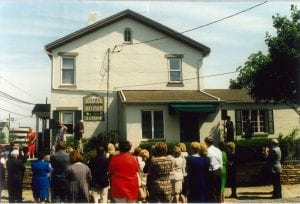
The original Erma’s House facility was next door to the current location at CSSMV’s Center for Families.
The Montgomery County Child Protection Task Force was convened in 1993 by the Board of County Commissioners in response to the community’s growing concern about child protection issues. In February of 1995, their year-long study resulted in a 90-page report titled “A Community That Supports Families and Protects Children.” Based on the 56 recommendations in the report, a Child Protection Work Group was formed and began working toward the establishment of a Family Visitation Center.
Enter Catholic Social Services of the Miami Valley. With collaboration and support from community partners such as Miami Valley Hospital, Junior League of Dayton, Montgomery County Domestic Relations Court, Dayton Municipal Court, Montgomery County Juvenile Court, Montgomery County Children Services, the Board of MRDD (now known as the Montgomery County Board of Developmental Disabilities Services), the City of Dayton, the University of Dayton, and other social service agencies, Catholic Social Services was approached to operate the new family visitation center. An advisory board from the community partners was formed to assist in developing policies and procedures, house rules, set-up details, and furnishings.
The intent was to design a program to establish a safe, home-like environment where children could visit with their non-residential parents in an atmosphere conducive to a nurturing interchange between the parent and child.
When Erma’s House Family Visitation Center opened in 1997, its home was the building on Brown Street that had housed Womanline, an organization dedicated to counseling and helping women since 1971. (Womanline had moved to a new location.) Nine years later, in August of 2006, Erma’s House relocated to the new Catholic Social Services Center for Families at 1046 Brown Street, where it operates today.
SUPERVISED VISITS AT ERMA’S HOUSE IN 2023
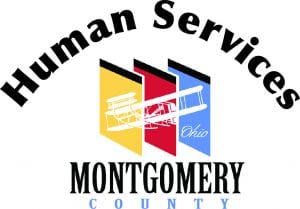
Eligibility
Families must be referred to Erma’s House by a third party such as Montgomery County Children Services, a Court Appointed Special Advocate (CASA), a guardian ad litem (GAL), a mental health professional or social worker, or the family or criminal courts. At least one of the child’s parents/guardians must live in Montgomery County.
Contact
For more information about Erma’s House, call (937) 586-9586.
Location
Erma’s House
CSSMV Center for Families
1046 Brown Street
Dayton, Ohio 45409
Pregnancy & Parenting Support
/in Assists Children, Auglaize, Champaign, Darke, Greene, Logan, Mercer, Miami, Montgomery, Preble, Programs & Services, Shelby, Top Level Program Category /by atomicPregnancy & Parenting Support
Refugee Services
/in Assists Children, Programs & Services, Refugee Resettlement, Top Level Program Category /by atomicRefugee Services
Among Catholic Social Services’ programs, refugee resettlement has the most dramatic and immediate impact on the lives of those served. With remarkable strength and perseverance, these men, women and children have fled their homes to undertake the long journey to escape persecution, war and violence. On average, refugees wait 10 years before they are relocated to a new country. They are met at the airport after an exhausting trip that may have spanned several continents. They often have little in the way of personal effects after years in refugee camps. They are strangers in a strange land, but they have hope for a new, better life.
Official refugee status is conferred through the United Nations High Commissioner for Refugees (UNHCR), and is just one of many steps in a long and complex process. By the time refugees arrived in Dayton, Ohio, they had been through a rigorous vetting process that typically takes 18 to 24 months.
Frequently Asked Questions
What’s the difference between an immigrant and a refugee?
Refugees are people forced to flee their own country and seek safety in another country. They are unable to return to their own country because of feared persecution as a result of who they are, what they believe in or say, or because of armed conflict, violence or serious public disorder. Many have been forced to flee with little more than the clothes on their back, leaving behind their homes, possessions, jobs and loved ones. They may have suffered human rights violations, been injured in their flight, or seen family members or friends killed or attacked. The United Nations and the United States allow refugees to have protected status. The U.S. permits them to be here through a special visa. They are then expected to get their green card within a year and apply for citizenship after five years.
Immigrants choose to move to another country, often for economic, social, or personal reasons, and are not forced to leave their home country due to persecution or conflict. Unlike refugees, immigrants are free to return to their home country if they choose to do so.
Are refugees undocumented immigrants?
No.
To be officially classified as a refugee, a person has to flee his or her native country and apply to the United Nations High Commissioner for Refugees (UNHCR) for protection and refugee status. There are many subsequent steps before a refugee ever gets to the United States, including extensive vetting by the U.S. government agencies.
By the time they get here, they have been through an 18-24 month screening process and are legally authorized to be resettled in this country. Refugees are subject to the highest level of security checks of any category of traveler to the United States.
Where did refugees living in Dayton come from?
In recent years, new arrivals resettling in Dayton have come from countries including:
- Democratic Republic of Congo
- Sudan
- Afghanistan
- Eritrea
- Venezuela
- Republic of South Sudan
- Iraq
- Iran
How can I help?
Thanks for asking!
If you are a local employer or landlord interested in working with us, please call (937) 223-7217 and ask for the Refugee Services department.
For information about our current volunteer and donation needs, please visit the You Can Help section of this website.
What does CSSMV do to help refugees in Dayton?
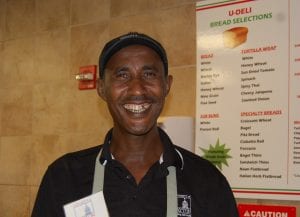 For refugees, employment is a vital step toward achieving self-sufficiency. New arrivals are eager to build strong foundations for themselves and their families here in the Miami Valley.
For refugees, employment is a vital step toward achieving self-sufficiency. New arrivals are eager to build strong foundations for themselves and their families here in the Miami Valley.
Refugees are legally allowed to work immediately upon their arrival in the United States. Our refugee resettlement team works with each individual to assess their existing skills, help them with resumes and job applications, provide job readiness training, and help manage expectations.
We also work closely with local employers, to match job skills to the employers’ needs and help ensure a positive experience for the business as well as the new employee.
Our program boasts a high employment rate within the first year of resettlement. That means within about six to nine months, most people are entering their first job after coming to Dayton. And it takes about that much time — six months of English classes, six months of employment and job skills training. We also see many of the refugees taking the same paths that many American-born citizens do, seeking job upgrades after a year and attaining second employment.
If you are a Dayton-area employer who would like to learn more about hiring refugees, call (937) 223-7217 and ask to talk with a refugee employment specialist.
“Attracting capable, reliable workers is a significant challenge and we are thrilled that we have been able to support the refugee community while at the same time meeting the needs of Dayton’s employers.” — Tom Maher, President & CEO, Manpower of Dayton
Imagine being forced to leave your home and move to another country. You have little or no choice in choosing the country you’re going to, and you don’t know the language or what the culture is like. Your job skills may not be transferable to the local economy where you’re going. Even the food is completely foreign to you.
Many of our new arrivals are multi-lingual, but English may not be one of the languages they know. And some are illiterate, even in their primary languages. Linking refugees with ESOL classes (English for Speakers of Other Languages) is one of our first steps when needed.
While each person’s needs are unique, there are key types of community resources that are beneficial to most of the individuals and families we serve. Our refugee resettlement team has worked diligently to build great relationships with local partners and help them understand how to best serve this vulnerable population. Our case managers connect their clients directly with the appropriate community resources to assist with things like:
- Medical care and establishing a medical home
- Mental health and trauma counseling
- Job skills training
- Tutoring for children and adults
- School enrollment
- Case planning for self-sufficiency
UNHCR, the United Nations’ refugee agency, tracks data about refugees and other displaced people worldwide.
Eligibility
Refugees being served by CSSMV were resettled in our community after going through an extensive process including review by the United Nations High Commissioner for Refugees (UNHCR) and the U.S. State Department.
Contact
For information about our refugee services program, call (937) 223-7217.
Location
CSSMV Refugee Services
Center for Families
1046 Brown Street
Dayton, Ohio 45409
Family Stabilization & Success Services
/in Top Level Program Category /by atomicFamily Stabilization & Success Services

Eckerle Administration Center
922 West Riverview Avenue
Dayton, OH 45402
(937) 223-7217 or (800) 300-2937
General email: cssmv@cssmv.org
Navigation
Latest News
- CEO LAURA ROESCH TO STEP DOWN AFTER 16 YEARS OF LEADERSHIPDecember 15, 2025 - 10:09 am
Press Release CATHOLIC SOCIAL SERVICES OF THE MIAMI VALLEY ANNOUNCES CEO LAURA ROESCH TO STEP DOWN AFTER 16 YEARS OF LEADERSHIP DAYTON, OH – December 15, 2025 – A well-known community leader is transitioning to a new role. Laura J. Roesch has announced her resignation from her position as Chief Executive Officer of Catholic Social […]




